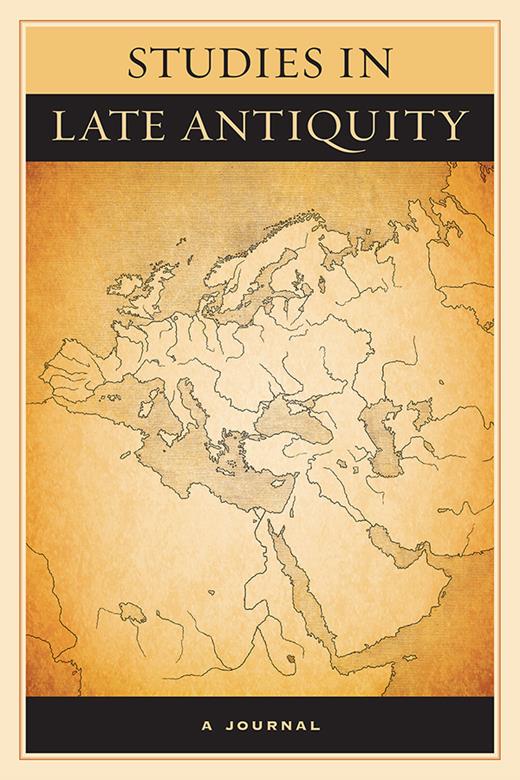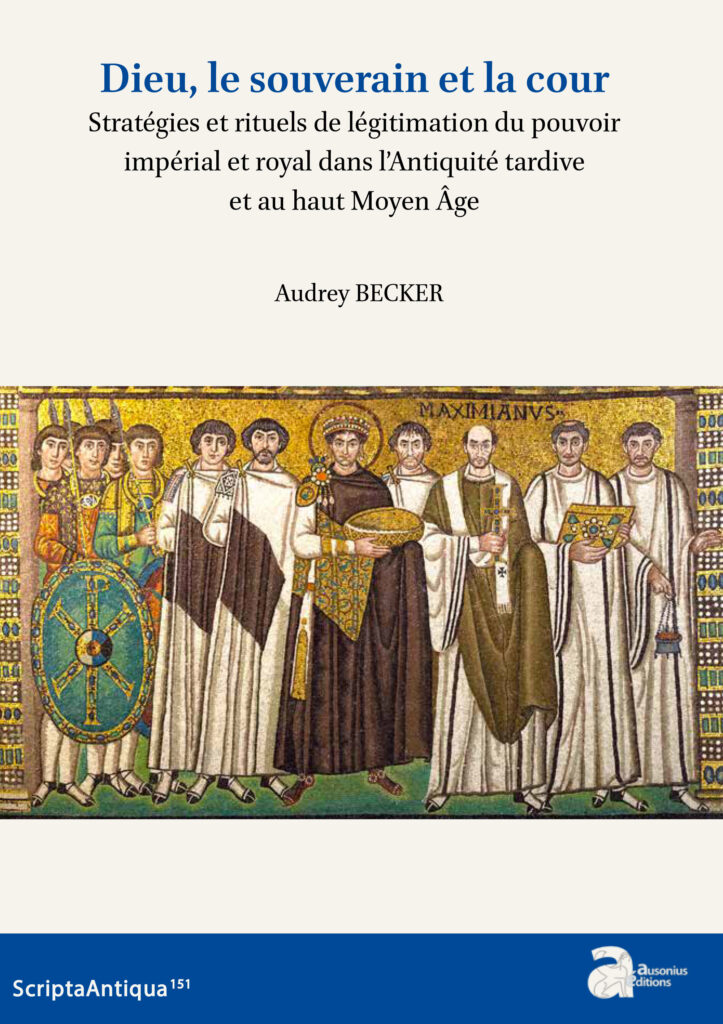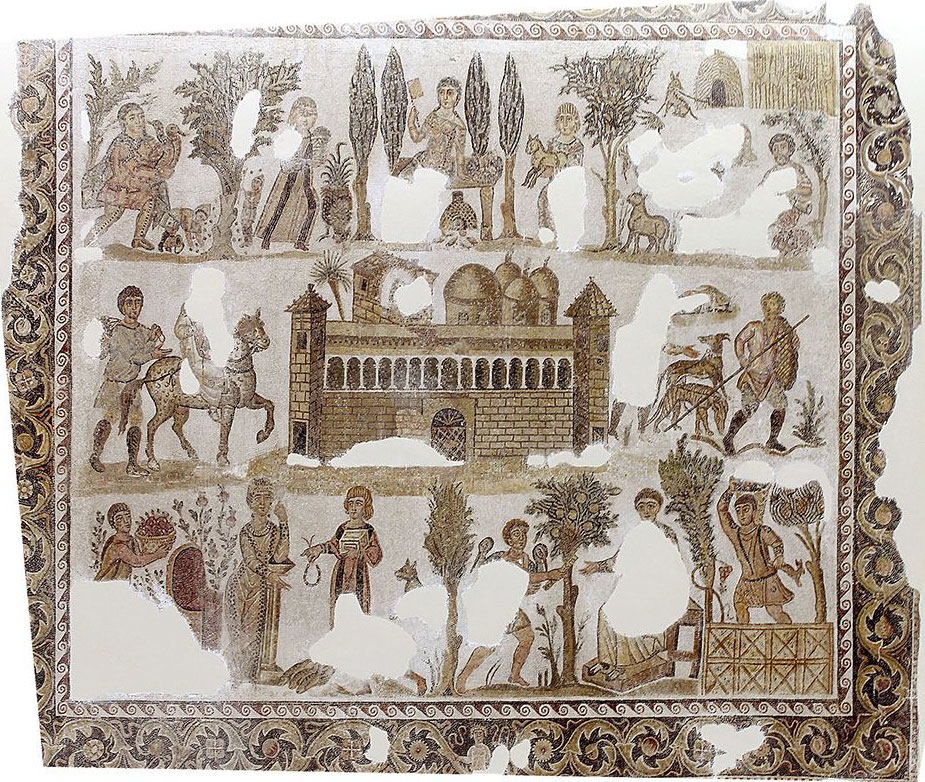Audrey Becker writes on ‘The Power of Humility: Fifth-Century Gallic Bishops in Negotiations with Barbarian Kings’ in the latest thematic issue of Studies in Late Antiquity.
Abstract. This essay examines the diplomatic efforts of Gallic bishops with barbarian kings, in the tense period after 406 CE and during the raids of Attila in Gaul in 451. The first part of this essay seeks to understand the narrative strategies at work in five late antique Gallic hagiographies. Written decades after the events narrated in them occurred, under different political circumstances, these texts re-imagined and re-interpreted these diplomatic encounters, bolstering claims of episcopal authority. The second part of this essay contextualizes the hagiographic claims of Gallic bishops’ involvement in diplomacy, paying particular attention to the role of episcopal humility in diplomatic encounters. It shows that this humility was not only a topos but also a useful diplomatic and religious tool.




